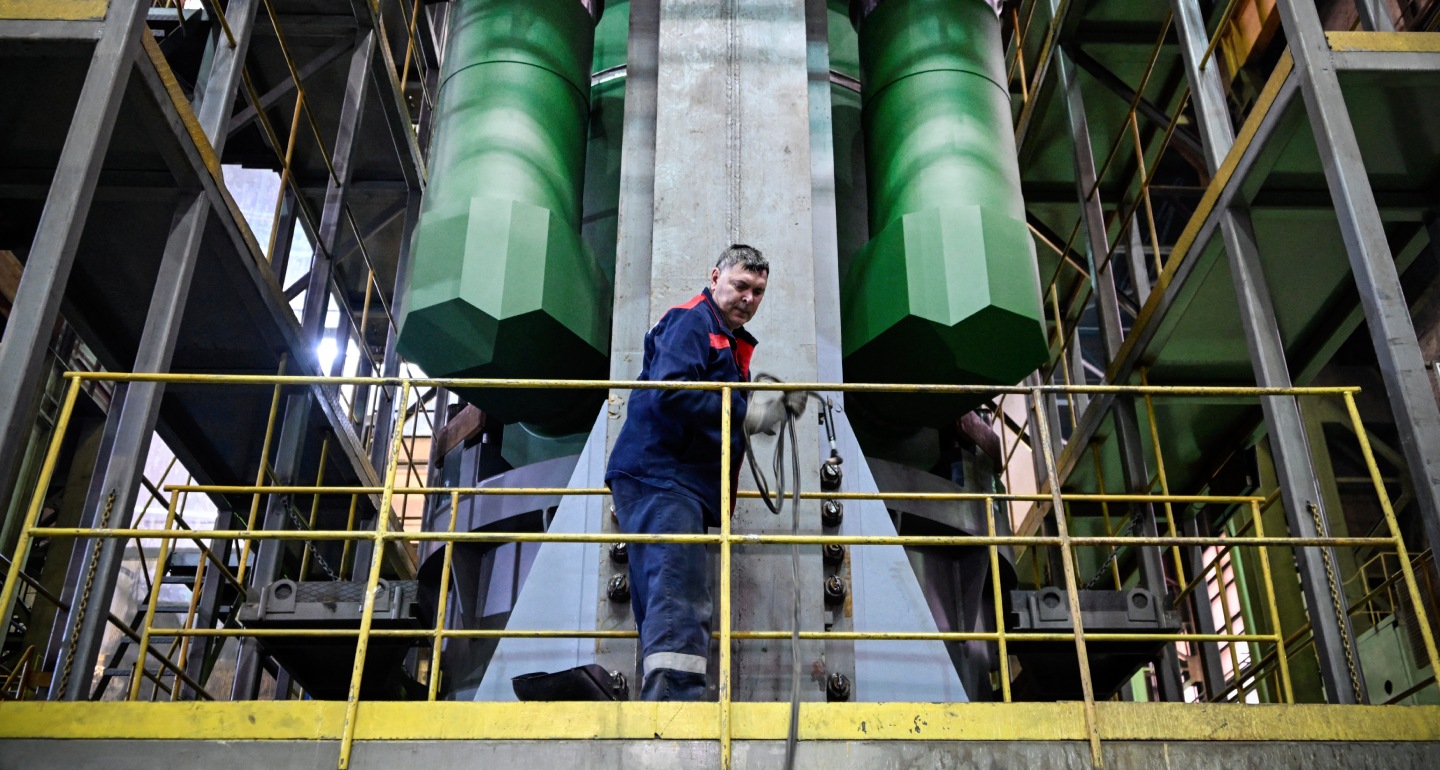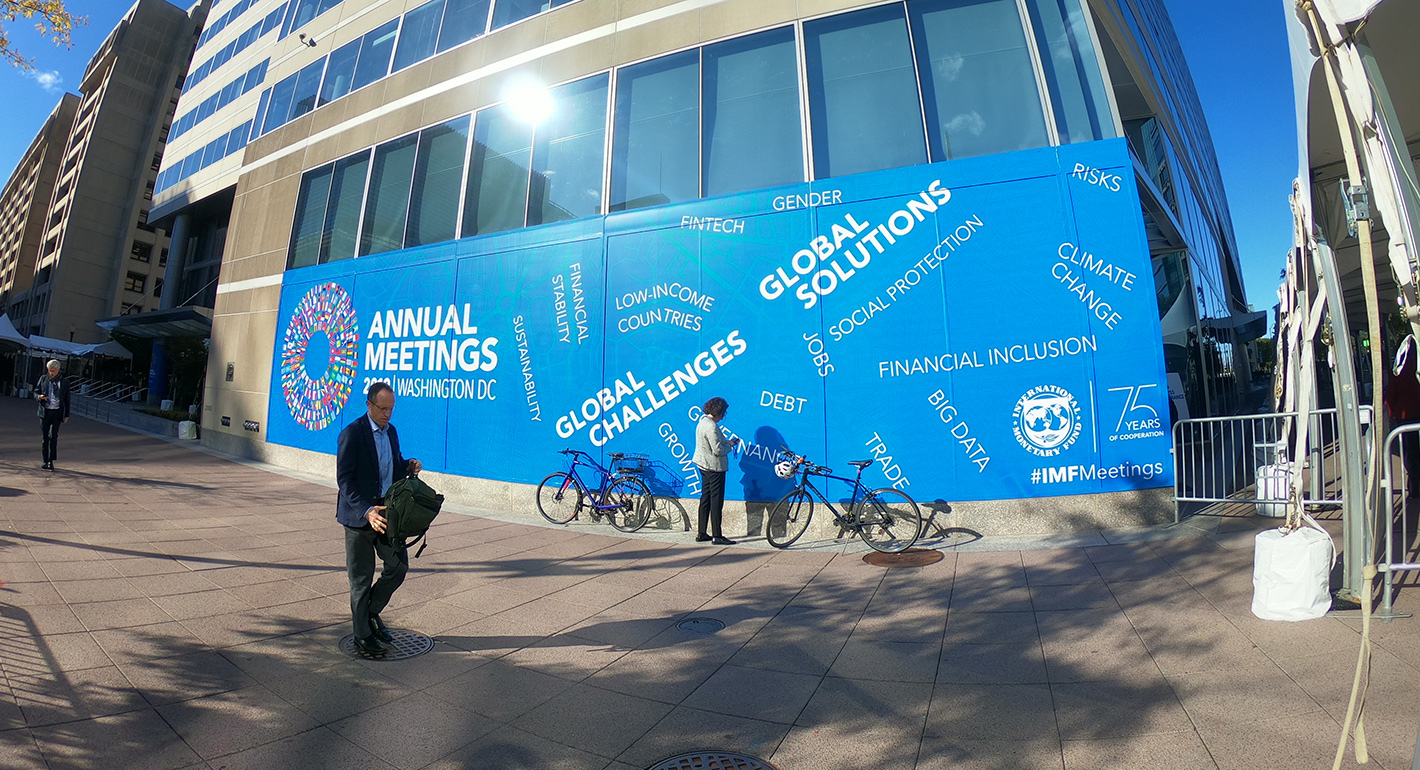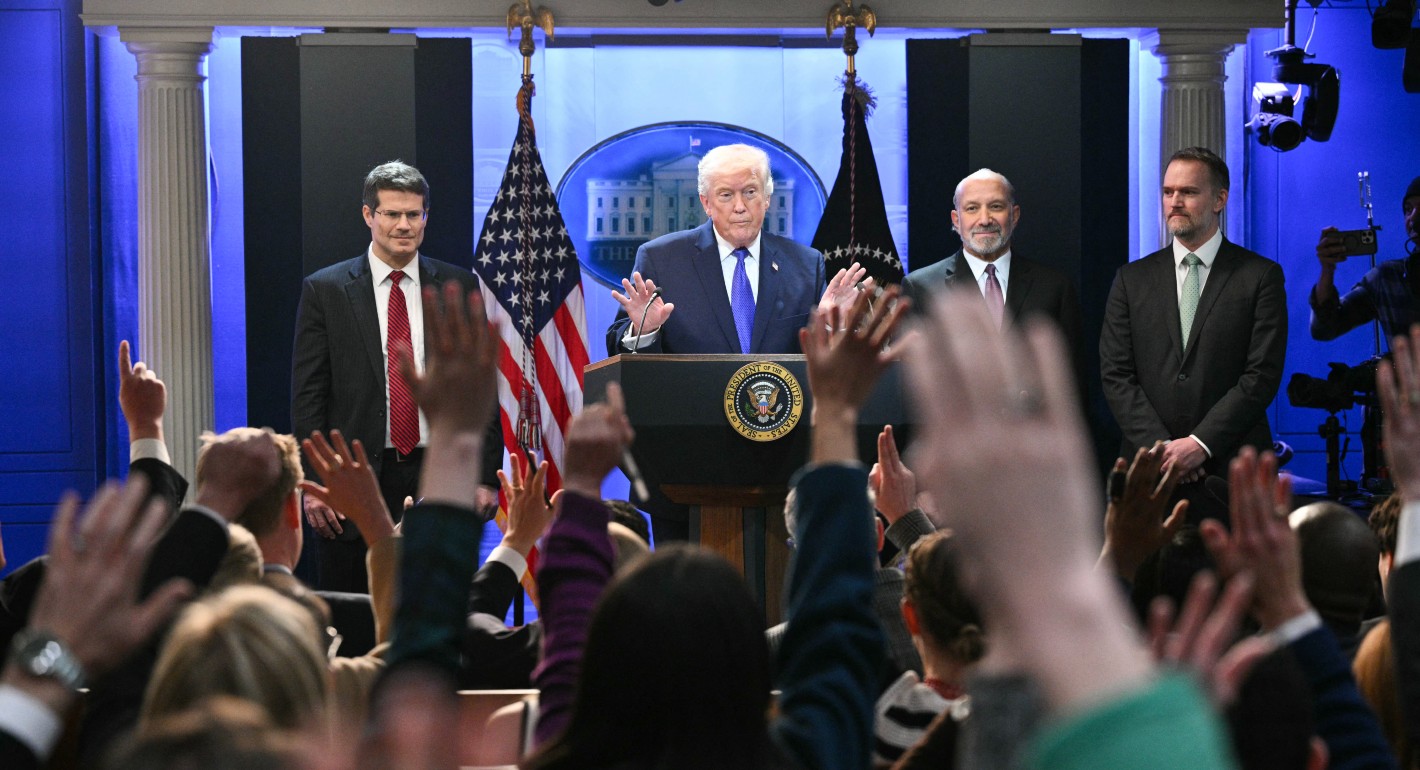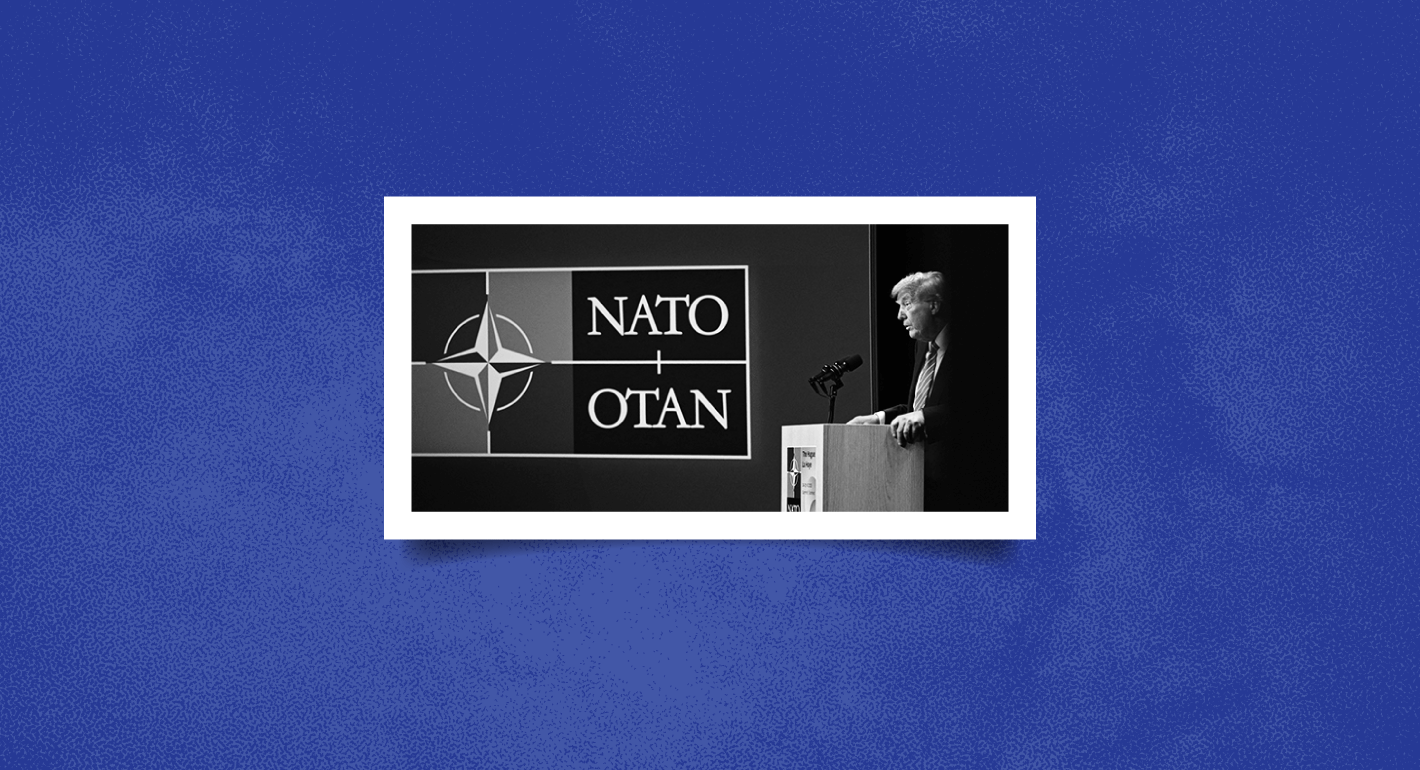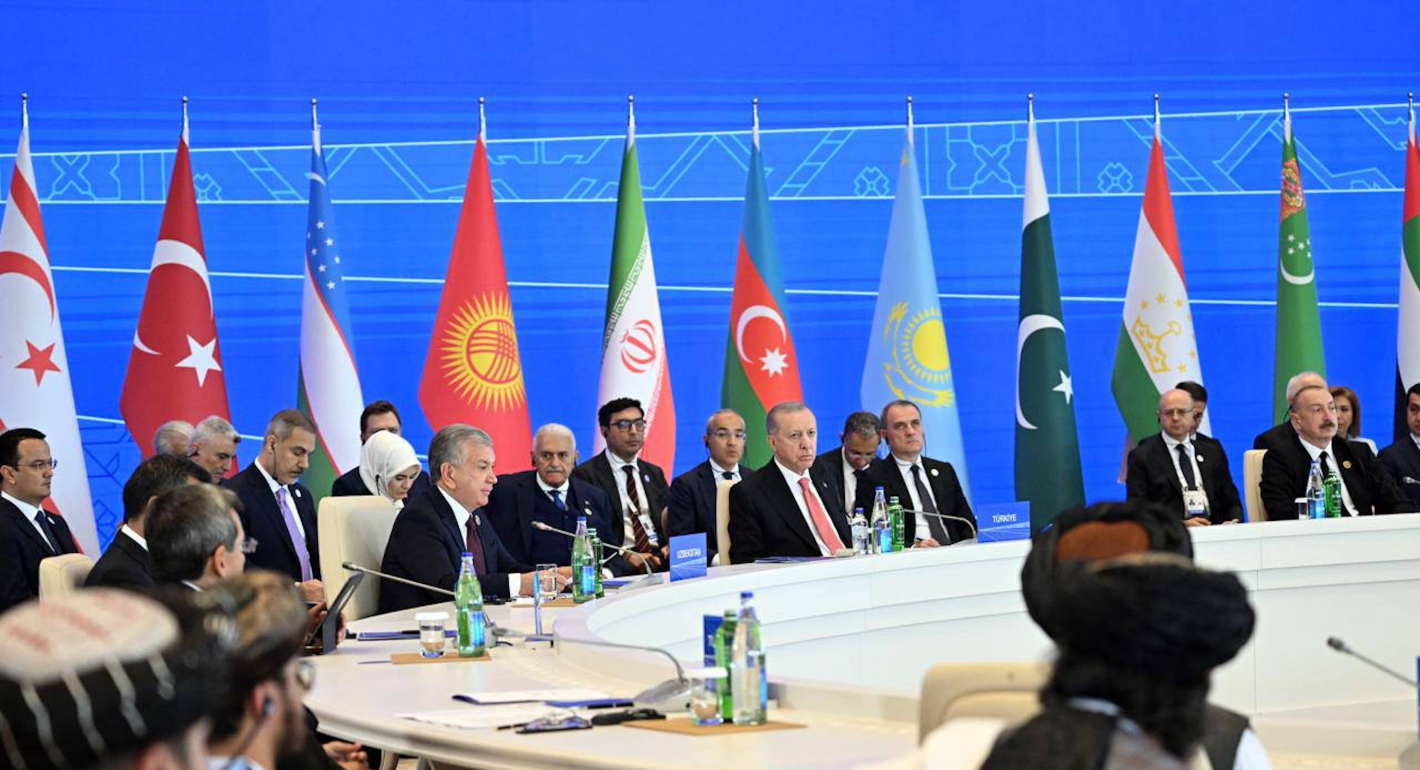- +4
Ms. Sandra Polaski, Joaquim Bento de Souza Ferreir, Janine Berg, …
{
"authors": [
"Sandra Polaski"
],
"type": "legacyinthemedia",
"centerAffiliationAll": "",
"centers": [
"Carnegie Endowment for International Peace"
],
"collections": [],
"englishNewsletterAll": "",
"nonEnglishNewsletterAll": "",
"primaryCenter": "Carnegie Endowment for International Peace",
"programAffiliation": "",
"programs": [],
"projects": [],
"regions": [],
"topics": [
"Economy",
"Trade"
]
}
REQUIRED IMAGE
In Agricultural Trade Talks, First Do No Harm
Source: National Academies - Issues in Science and Technology
Trade liberalization can increase poverty in low-income countries if not handled carefully
World trade talks are heating up, with WTO members struggling to make a deal on the main issues of a new trade pact by a ministerial meeting in Hong Kong in December. Of all the thorny issues they face, none has more impact on a potential deal—and the well being of legions of poor, than agriculture.
Why? Because the global chess game of trade negotiations reflects the more fundamental reality of how the world’s population makes a living. In rich countries, most people work in service industries or manufacturing. In poor countries, agriculture is typically the largest employer. In India, for example, farmers make up 60% of the economically active population, while in China the proportion is about 50%. In low-income countries, an average of 68% of the labor force makes a living in agriculture.
Most attention to agriculture has been focused on the current fight between the US and the European Union over who will make the deepest cuts in tariffs and domestic subsidies, with their main concern being the consequences for their own well-off farmers. A secondary issue, to date, has been the desire of some developing countries to export their farm goods to rich country markets. But nearly absent from the debate has been the question of what happens to small, subsistence farmers in their own local markets in developing countries as a result of global trade. In fact, this issue is probably the biggest factor in determining whether the trade talks produce growth and opportunities for the poor in the developing world or instead end up deepening their poverty and further marginalizing those who have least.
Why should the rich world care? Sandra Polaski argues that the US, EU and other wealthy countries have plenty at stake: their own economic self-interest, their need for global stability and security, and the perception of the global public about whether the global trading system is basically decent and fair or not.
In the article, Polaski outlines the issues and interests at stake in a high-risk economic game with no safety net for the poor. She presents a proposal for dealing with subsistence farming in the WTO talks that would defend the most vulnerable households and allow the overall trade talks to proceed.
About the Author
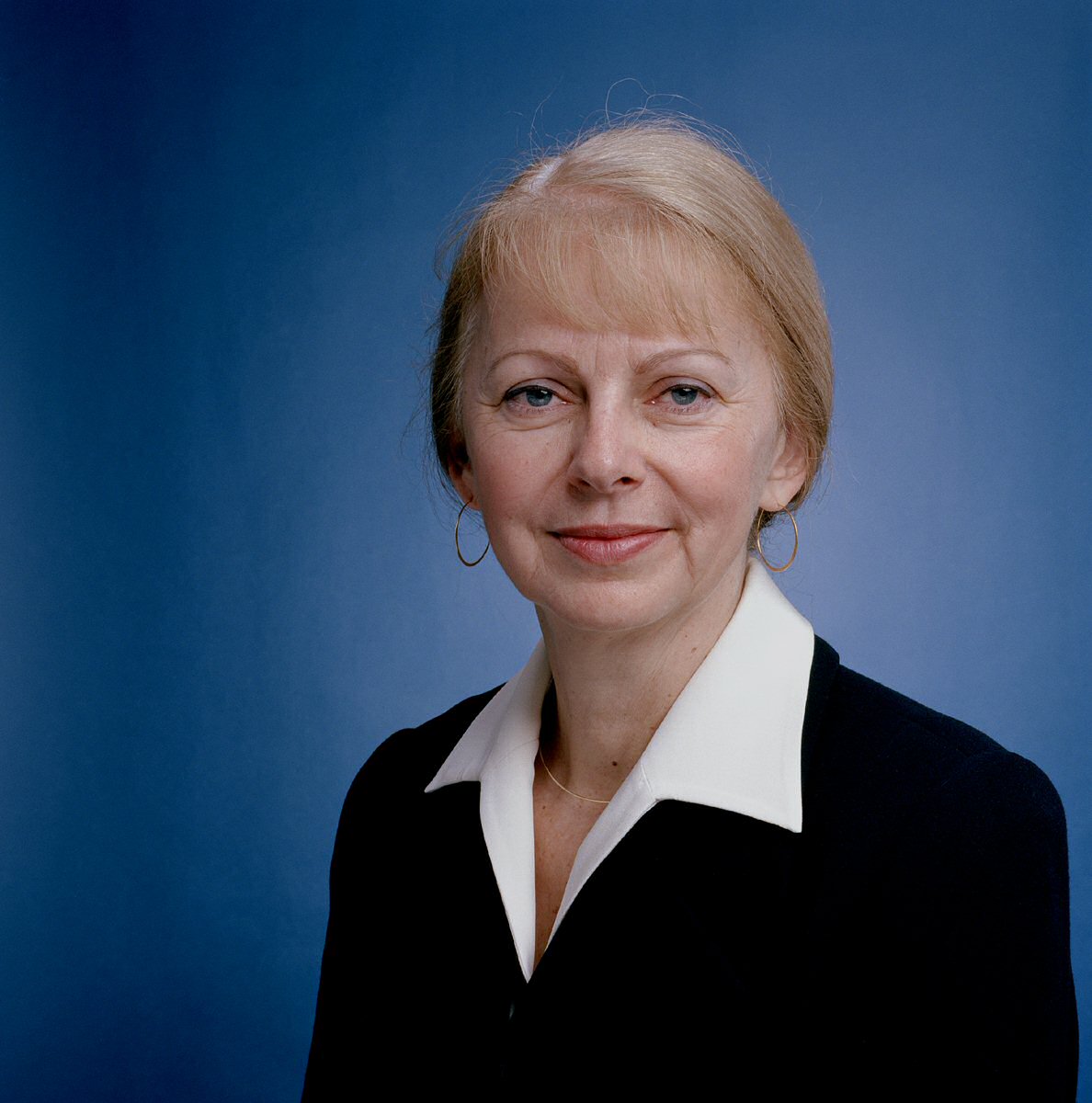
Former Senior Associate, Director, Trade, Equity and Development Program
Until April 2002, Polaski served as the U.S. Secretary of State’s Special Representative for International Labor Affairs, the senior State Department official dealing with such matters.
- Brazil in the Global Economy: Measuring the Gains From TradeReport
- One Cheer for Global Trade TalksArticle
Ms. Sandra Polaski
Recent Work
More Work from Carnegie Endowment for International Peace
- Горная болезнь. Чем экономике России грозит продолжение войны CatCommentary
Экономическая рецессия — она как усталость: отдохни, и все пройдет. Но проблемы экономики России похожи скорее на горную болезнь: чем дольше остаешься в горах, тем хуже тебе становится, и неважно, отдыхаешь ты или нет.
Alexandra Prokopenko
- Getting Debt Sustainability Analysis Right: Eight Reforms for the Framework for Low-Income CountriesPaper
The pace of change in the global economy suggests that the IMF and World Bank could be ambitious as they review their debt sustainability framework.
C. Randall Henning
- How Middle Powers Are Responding to Trump’s Tariff ShiftsCommentary
Despite considerable challenges, the CPTPP countries and the EU recognize the need for collective action.
Barbara Weisel
- Trump’s Protectionism and Future of Global Order: How Useful Are Appeals to History?Research
Donald Trump’s trade protectionism has provoked a remarkable range of appeals to history, but none fully captures the nature of Trumpian protectionism, even if there are echoes from the past in different aspects of its content.
Eric Helleiner
- How Turkey Can Help the Economies of the South Caucasus to DiversifyArticle
Over the past two decades, regional collaboration in the South Caucasus has intensified. Turkey and the EU should establish a cooperation framework to accelerate economic development and diversification.
Feride İnan, Güven Sak, Berat Yücel
